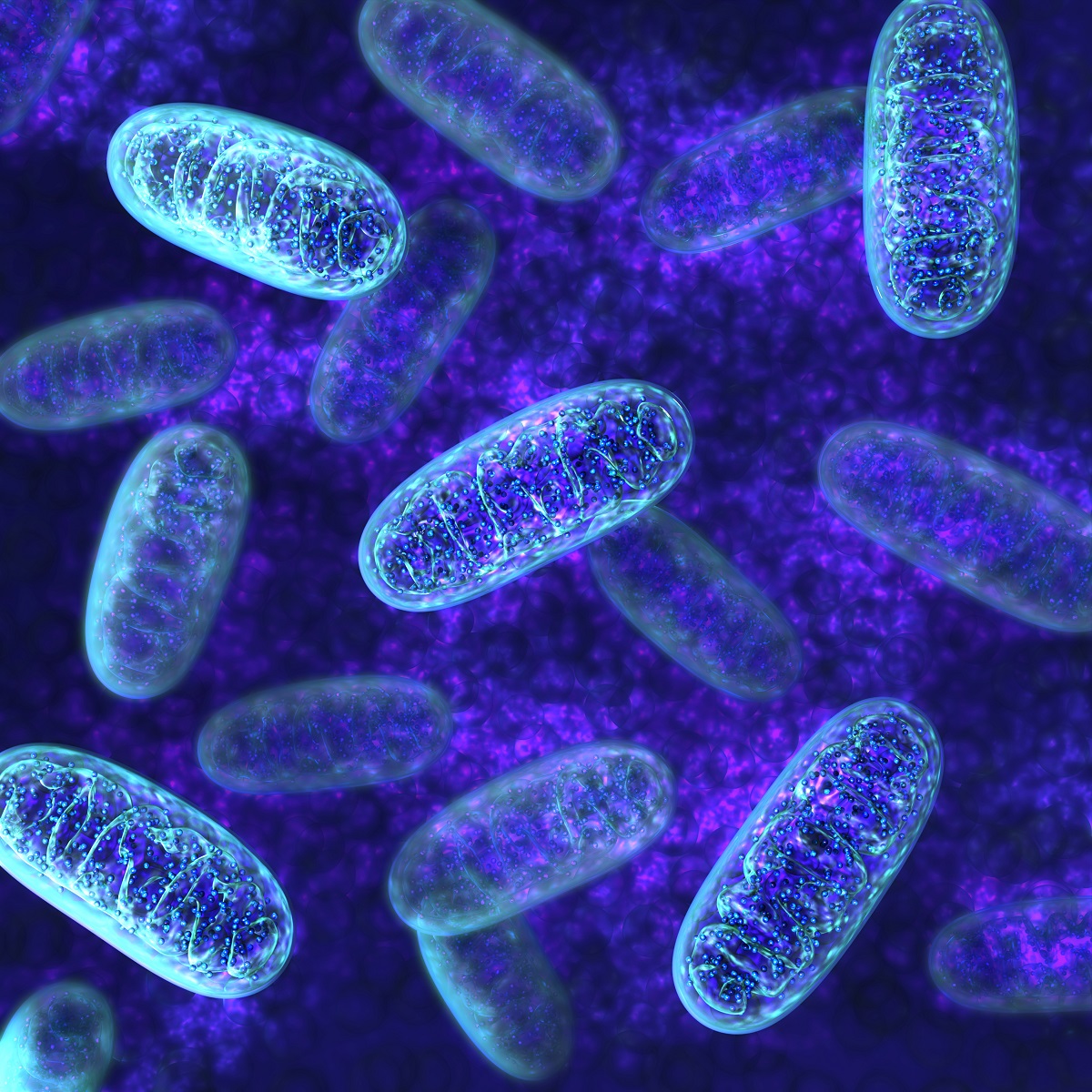KEY TAKEAWAYS
- The BaseTIL phase I trial aimed to assess whether combining TIL-ACT with PD-1 blockade (nivolumab) boosts OR in advanced melanoma beyond what TIL-ACT alone can achieve.
- The results showed early promise for safety and feasibility, warranting larger trials to confirm efficacy and solidify its place in melanoma treatment.
While tumor-infiltrating lymphocytes and adoptive cell therapy (TIL-ACT) show promise in advanced melanoma, their effectiveness remains uneven across patients.
So, for a study, researchers aimed to assess whether combining TIL-ACT with PD-1 blockade (nivolumab) boosts overall response(OR) in advanced melanoma beyond what TIL-ACT alone can achieve.
The study involved surgical tumor collection, ex vivo TIL expansion, preparative lymphodepletion with cyclophosphamide and fludarabine, TIL transfer, and in vivo TIL stimulation with daily interleukin-2 (IL-2) for 10 days. Subsequently, patients received 240 mg nivolumab every 2 weeks for 2 years—the trial aimed to include 9 patients.
The study enrolled 11 patients, 9 undergoing TIL transfer (median transfused cell number: 64.9 x 109). Two patients did not start lymphodepletion (LD) due to rapid disease progression and bacterial contamination of the TIL product. Among the nine patients who received at least 1 dose of interleukin-2 (IL-2) (median number of doses: 8; range: 1-10), seven initiated nivolumab (median number of cycles: 7; range 2-23). All 9 patients experienced adverse events (AEs) related to TIL-ACT (LD, TIL transfer, IL-2).
The most common non-hematological AEs of ≥ grade 2 included cytokine-release syndrome (4/9) (including 1 patient with a grade 4 event which led to trial discontinuation), hypertension (4/9), and fever/chills (4/9). No nivolumab-associated AEs of ≥ grade 2 occurred. Approximately 1 month after TIL-ACT, most patients (7/9) showed tumor regression. The best radiographic response was a partial response in 2 and stable disease in 3, while progressive disease occurred in 4 patients.
The results showed early promise for safety and feasibility, warranting larger trials to confirm efficacy and solidify its place in melanoma treatment.
Source: https://cslide.ctimeetingtech.com/immuno23hybrid/attendee/confcal/show/session/2
Clinical Trial: https://clinicaltrials.gov/study/NCT04165967
König D. Adoptive cell therapy with tumor-infiltrating lymphocytes in combination with nivolumab in patients with advanced melanoma. ESMO-IO 2023 Presentation Number 50MO.



